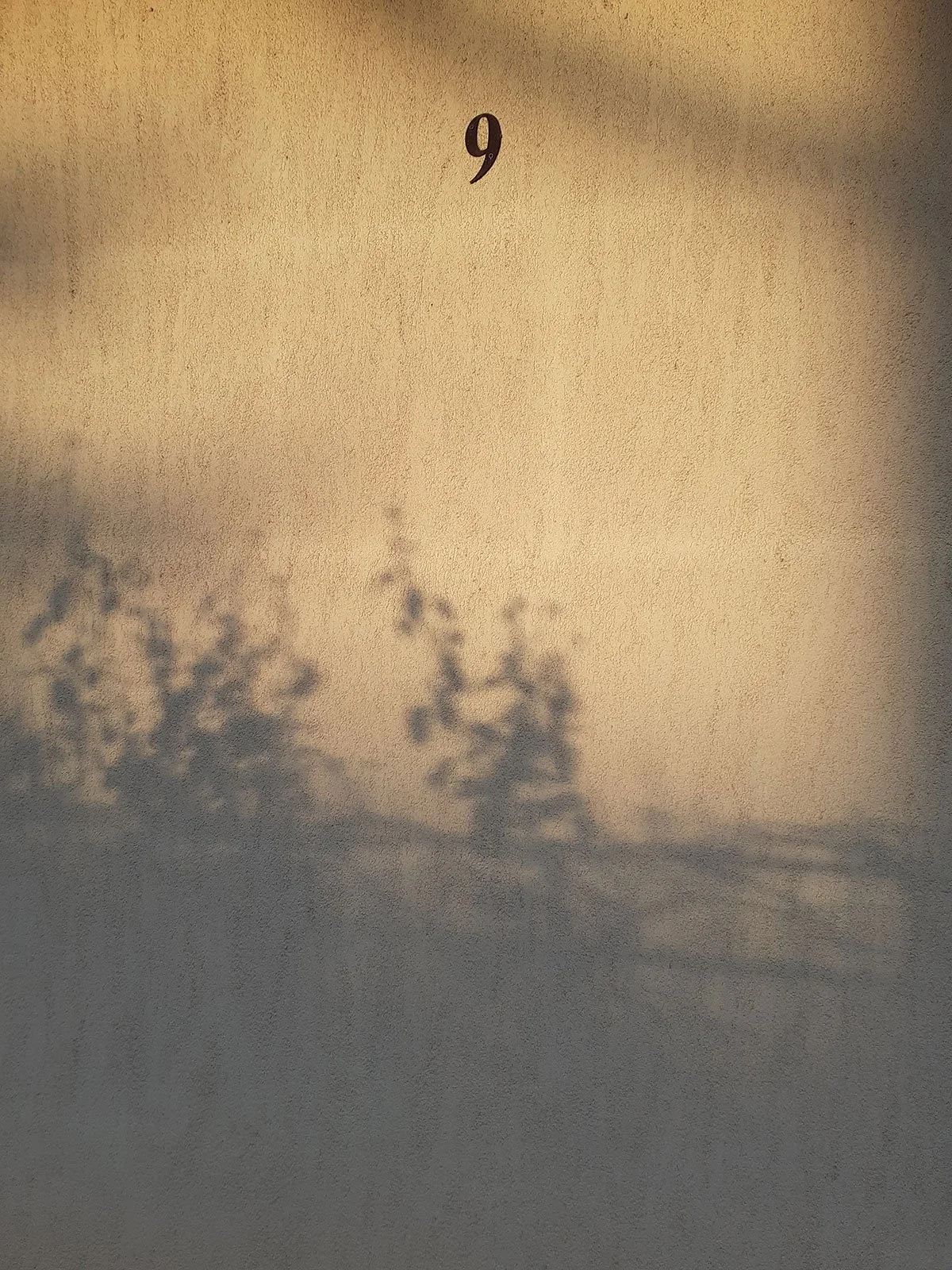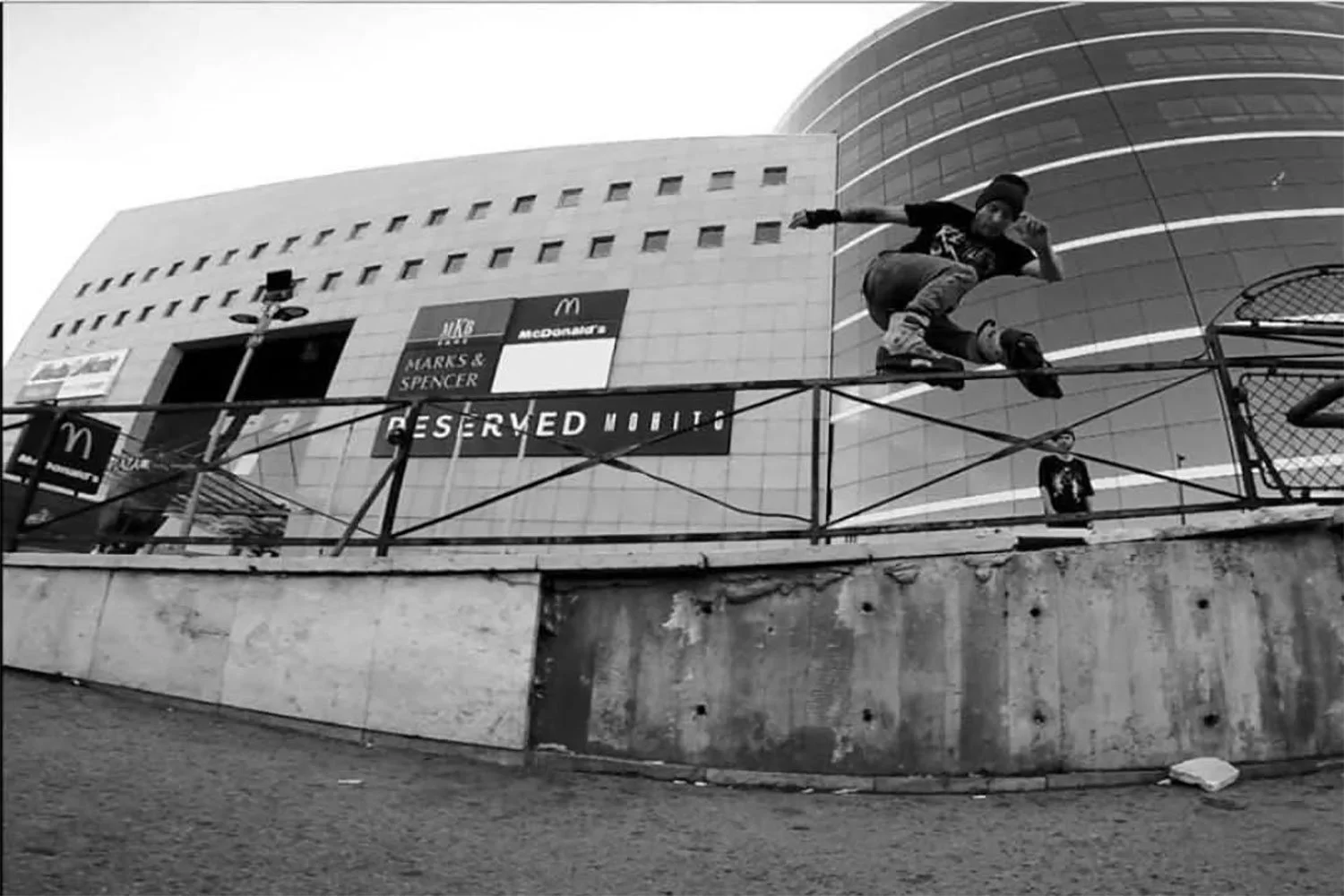before the last drop
I was kind of an old-fashioned guy.
I drank, and smoked Blue Bond cigarettes.
That was pretty much all it took to make me smile.
At fifteen, this new world somehow felt more colorful and exciting — a world that pulled me in so fast that I was barely coming home for anything other than sleep.
Then — about three years later — after a trauma, the nights that once brought me freedom slowly began to fade.
Even back then, I could feel it wasn’t the right direction, but the reckless herd instinct living inside me was stronger, so everything stayed the same.
Over time, a part of me began to emerge — one that started steering things in worse and worse directions.
I was playing out the deepest sides of self-sabotage, in ways that served neither me nor those around me — yet I kept running the same conflict-soaked circles again and again.
It was as if I wore the negative consequences of my choices as a kind of lifestyle, soaked in a romanticized self-pity.
I took on the so-called “misunderstood artist” identity — the one who kept hurting himself just so he could blame others for it later.
Then, in 2015, came what I’d call the pattern break — in the form of an accident — and suddenly the visible signs of collapse began to appear.
Many of the men in my family line were crippled by alcohol, something I had witnessed firsthand throughout my childhood.
This was one of the main reasons why, in 2015, something I called my “hangover-phobia” began to develop.
Terrible guilt and anxiety — sometimes slipping into a fear of death — haunted me on those days, and after a while I became unable to wake up anywhere else, God forbid in someone else’s bed.
Only my own room could offer a sense of safety, though even that eventually stopped helping.
You’d think that this would be enough reason to give up an old lifestyle, but instead of acknowledging the signs, I just kept floating along like a slowly boiling frog in water.
No matter how many promises I made to myself, a few days later I always ended up in the same place — until the anxiety finally broke free from the boundaries of hangovers and settled onto my everyday life.
What followed was a point where, after experiencing much more serious states, this entire “lifestyle package” was temporarily shut down — like a TV channel taken off the air.
After half a year of emotional struggle and a short, supposedly successful round of medication, I suddenly found myself back in the narrow lane of my old lifestyle, ready to continue where I’d left off.
Only this time, nothing was the same.
No matter how hard I fought for the “old ways,” a higher part of me no longer let me take root there again.
The summer of 2016 became a battle between these two sides.
As if the lessons of the past year had never happened.
The warnings and teachings slowly faded away, like empty beer cans forgotten after a house party.
I was glad to believe I had left everything behind — while in reality, I hadn’t left anything at all.
This truth surfaced again from time to time, usually after a hangover, when I would lie under the blanket repeating to myself, “this was the last one.”
My impatience returned as well, most visibly through the restlessness I showed while rollerblading.
I pushed myself to the point of total exhaustion, once again giving space to that frantic version of me who threw tantrums, clinging desperately to each repeatedly failed move.
The so-called second-to-last drop finally arrived in July.
After a whole day of rollerblading, somewhere between the third and eighth beer, we decided to walk up to Gellért Hill. Around midnight we reached the Citadella, ready to admire the view that had already blurred into a soft haze.
I don’t really remember the details, only that after a few more beers we started rolling downhill on our skates, weaving from side to side.
Back then, there was nothing surprising about this.
We had done it before — though maybe with a bit less alcohol involved.
Around two in the morning, the quiet streets leading downhill echoed with our drunken laughter as we tried to take the steep corners at the highest speed possible.
My next memory is of clutching my left knee with both hands, dizzy from a massive impact.
Maybe I didn’t dare look at what was underneath — maybe it was just the pain.
Eventually, when I moved my hands away, one of my friends shouted before I could:
— Daaaaammmm!
I saw a wide, red patch spreading out, with a small greyish-white detail in the middle.
That latter part was one of my bones.
In the center of my knee — which had been operated on just a little over six months earlier — there was now a gaping hole after it had slammed straight into the edge of the curb without any cushioning.
It had literally split open.
— Okay, give me a cigarette and call an ambulance.
That’s probably what the version of me back then said, hiding behind a mask of indifference.
At first, I still somewhat hoped that I was living through the worst moments of a nightmare.
But slowly, as I came to my senses, it became clear that the work of the past half year had vanished in an instant.
That was it. Over — I thought.
With trembling hands, in a mildly shocked state, I stared ahead while waiting for the ambulance — occasionally snapping back into the moment when someone spoke:
— Don’t you dare ash into your wound, you idiot.
I eventually found myself within the crumbling walls of János Hospital, where, after a few hours of waiting and half a pack of cigarettes, they finally stitched me up.
The X-ray didn’t show any fractures, but it was still uncertain whether there had been any other permanent damage.
For that, I needed a CT scan — and of course, that meant more waiting.
It was well past dawn by the time I got home.
As I stepped through the front door, my mother saw my bandaged knee, my scraped shoulders, and my drunken expression, and she simply said:
— Great. My son is insane.
On any other day, I probably would’ve laughed — but instead, she pressed a button inside me that forced me to face myself in the mirror.
I was covered in cuts and scrapes everywhere.
I reeked of beer and cigarette smoke, and my acne-covered face looked almost distorted to me.
I don’t think I had ever felt quite so low as I did in that moment.




